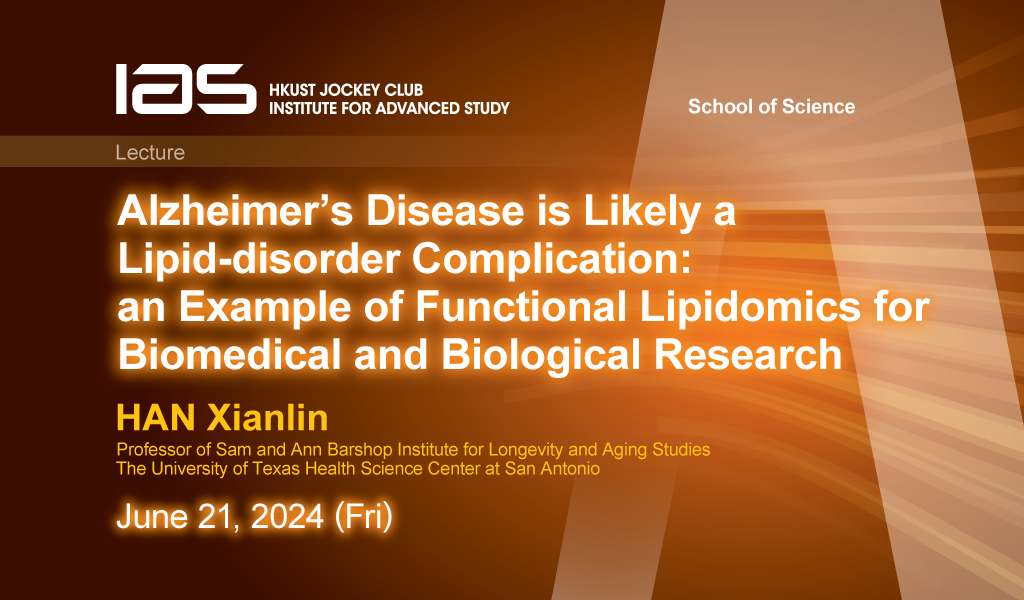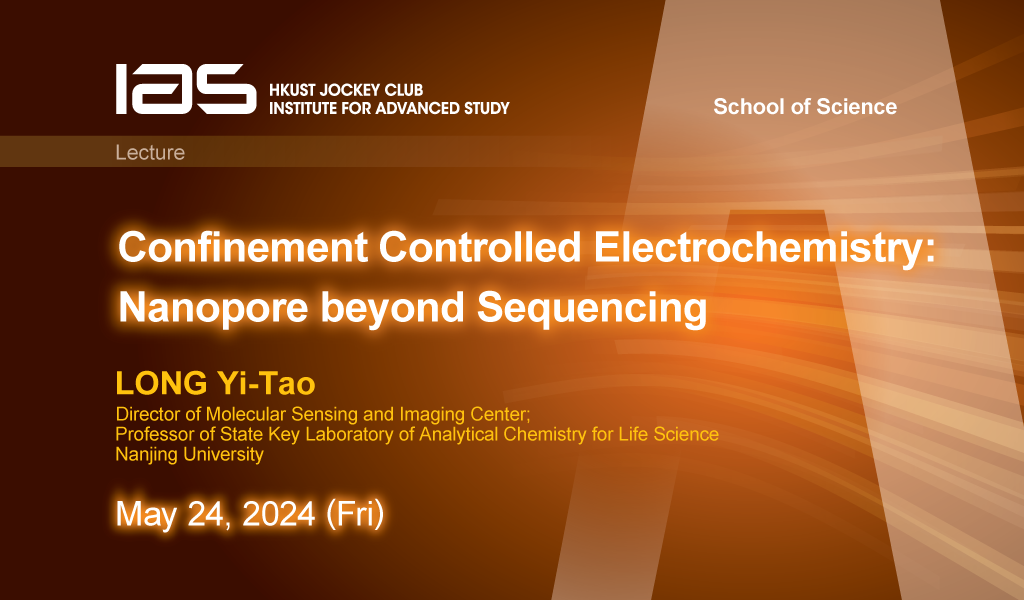To close the abyssal overturning circulation, dense bottom waters that form around Antarctica have to become lighter by mixing with lighter water above. Recent theoretical work suggested that bottom-enhanced turbulent mixing drives strong upslope flows across density surfaces along rough ocean topography. However, it remains an open question what physics drives the bottom-enhanced turbulent mixing. Here we present a combination of novel observations and numerical results that (1) support the theoretical hypothesis and (2) provide insights on the physics of bottom-enhanced ocean turbulence. The observations were collected as part of the Bottom Boundary Layer Turbulence (BLT) experiment in the Rockall Trough and consists of a combination of tracer release and turbulence measurements. A fluorescent tracer released right above the sloping boundary of the trough is shown to rise rapidly across density surfaces. The turbulence measurements document the characteristics of the turbulent processes that drive this diapycnal flow. Idealized numerical simulations of a tidal flow impinging over a sloping topography are then used to describe the turbulence physics and its characteristics. The presentation will conclude by discussing the implications of these results for the global abyssal ocean circulation.

Boston University
Julian Mak at jclmak@ust.hk


